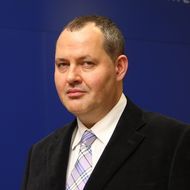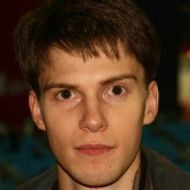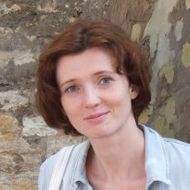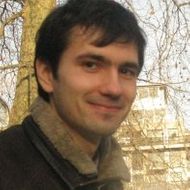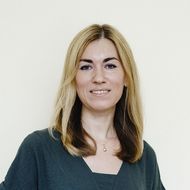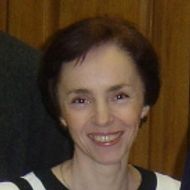- A
- A
- A
- ABC
- ABC
- ABC
- А
- А
- А
- А
- А
- HSE University
- Faculties
- Faculty of Economic Sciences
- News
- ‘Frontiers of Macroeconomical Research’ Presented at ILMA Workshop 2021
-
Departments
- Departments
-
Institutes and Centres
-
- Institute of Economics and Utility Regulation
- Institute for Industrial and Market Studies
- Centre for Labour Market Studies
- International Centre of Decision Choice and Analysis
- Centre of Development Institute
- Centre for Financial Research & Data Analytics
- Economic Statistics Centre of Excellence
- Anti-Corruption Centre
-
-
Laboratories
-
- International Laboratory for Macroeconomic Analysis
- International Laboratory of Stochastic Analysis and its Applications
- International Laboratory for Experimental and Behavioural Economics
- Corporate Finance Center
- Laboratory for Banking Studies
- Laboratory for Labour Market Studies
- Laboratory for Sport Studies
- Laboratory for Wealth Measurement
- Project Laboratory for Development of Intellectual Competitions in Economics
- Laboratory for Spatial Econometric Modeling of Socio-Economic Processes in Russia
- Laboratory for Geometric Algebra and Applications
-
- Department of Financial Market Infrastructure
- ICEF
-
Educational Programmes
- Bachelor's Programmes
-
Master's Programmes
-
- Economics and Economic Policy
- Agrarian Economics
- Stochastic Modeling in Economics and Finance (Previously, Master's in Statistical Modelling and Actuarial Science)
- Statistical Analysis in Economics
- Economic Analysis (Online)
- Strategic Corporate Finance
- Financial Markets and Institutions
- Corporate Finance
- Financial Engineering
- Master of Business Analytics (Online)
- Investments in Financial Markets (Online)
-
- Doctoral Programmes
-
Faculty
109028, Moscow,
11 Pokrovsky Boulevard,
Room Т-614
Phone: (495) 628-83-68
email: fes@hse.ru
Founded in 1992, the HSE Faculty of Economics is the university’s oldest faculty. In the years since it was founded, it has gained a reputation as Russia’s leader in terms of higher economic education.
A fundamental education in modern economic theory and mathematics is combined with the study of applied disciplines, such as taxation, budget policies and processes, financial management and other related fields.
Eremenko J., Martinez-Saito M., Naumova K. et al.
Food Quality and Preference. 2025. Vol. 125. P. 105374.
In bk.: Advances in Computer Graphics: 41st Computer Graphics International Conference, CGI 2024, Geneva, Switzerland, July 1–5, 2024, Proceedings, Part III. Vol. 15340. Springer, 2025. P. 336-348.
Series FE "Financial Economics"". WP BRP. HSE University , 2025. No. WP BRP 97.
109028, Moscow,
11 Pokrovsky Boulevard,
Room Т-614
Phone: (495) 628-83-68
email: fes@hse.ru

‘Frontiers of Macroeconomical Research’ Presented at ILMA Workshop 2021
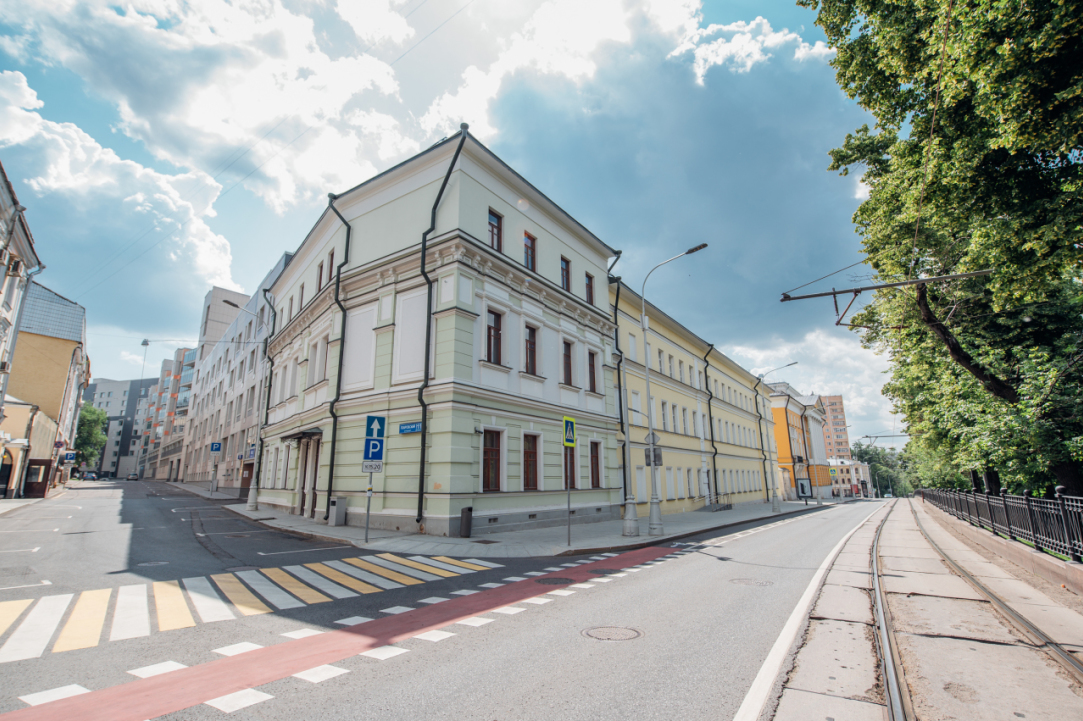
Participants and audience members were welcomed by Dean of the Faculty of Economic Sciences Professor Sergey Pekarski and the organizers of the workshop — Academic Supervisor of the International Laboratory for Macroeconomic Analysis Hubert Kempf and senior researcher at the laboratory Olga Kuznetsova.
‘The theme of this workshop is “Economic policy after the crises: searching for a new paradigm.” It’s actually a broad topic, but it is very interesting and important. We all know that the global economic crisis and the coronavirus pandemic have led to a lot of new things appearing in our field that we haven’t reflected on yet. It seems to me that as researchers, we are lucky to be living through this time, as it provides a lot of opportunities to develop our subject area,’ said Sergey Pekarsky.
Hubert Kempf noted that despite its youth, the International Laboratory for Macroeconomic Analysis is recognized as a promising group of researchers whose work raises topical issues for the Russian and global economy. Cooperation with the Bank of Russia also plays a significant role.
The first speaker at the seminar was Giancarlo Corsetti (University of Cambridge), whose research was devoted to coping with the risks that can lead to economic crises. Risk sharing helps to mitigate inequality between countries and reduce the costs of adapting to adverse conditions. Corsetti and his co-authors examined the consequences of risk sharing in detail and assessed the significance of each of them.
Edouard Challe (European University Institute, Florence) investigated issues in combating inequality through monetary policy: which indicators should be regulated by the authorities, what processes should economists take into account, and what trade-offs do they face?
Olivier Loisel (ENSAE Paris) proposed a simple model that uses the two main instruments of the US Federal Reserve System: the interest rate on bank reserves and the size of the balance sheet. The model makes it possible to explain the changes in the most important indicators of the US economy after the 2008 financial crisis (inflation and money-market rates), as well as to predict the consequences of decisions.
The work of Alexander Tishin and Konstantin Styrin (Bank of Russia) highlights the coordination of monetary and macroprudential policy in preventing financial crises: can one replace the other or are they only effective when complementing each other?
James Costain (Bank of Spain) spoke about one class of models that helps assess the risk of default, while the report by Sandra Daudignon (Ghent University) was devoted to the assessment of the neutral interest rate and its relationship with the optimal level of inflation.
In the last speech, Juan Carlos Hatchondo (University of Western Ontario) raised the issues of regulating public debt and reducing the debt burden on countries facing crises.
Hubert Kempf thanked the speakers and participants for the attentive and thoughtful discussion — something not always achievable at online conferences. He expressed hope that the next workshop in the series in 2022 will be held offline, and that many scientists studying macroeconomic policy issues will be able to come to Moscow.
- About
- About
- Key Figures & Facts
- Sustainability at HSE University
- Faculties & Departments
- International Partnerships
- Faculty & Staff
- HSE Buildings
- Public Enquiries
- Studies
- Admissions
- Programme Catalogue
- Undergraduate
- Graduate
- Exchange Programmes
- Summer Schools
- Semester in Moscow
- Business Internship
-
https://elearning.hse.ru/en/mooc/
Massive Open Online Courses
-
https://www.hse.ru/en/visual/
HSE Site for the Visually Impaired
-
http://5top100.com/
Russian Academic Excellence Project 5-100
- © HSE University 1993–2025 Contacts Copyright Privacy Policy Site Map
- Edit
